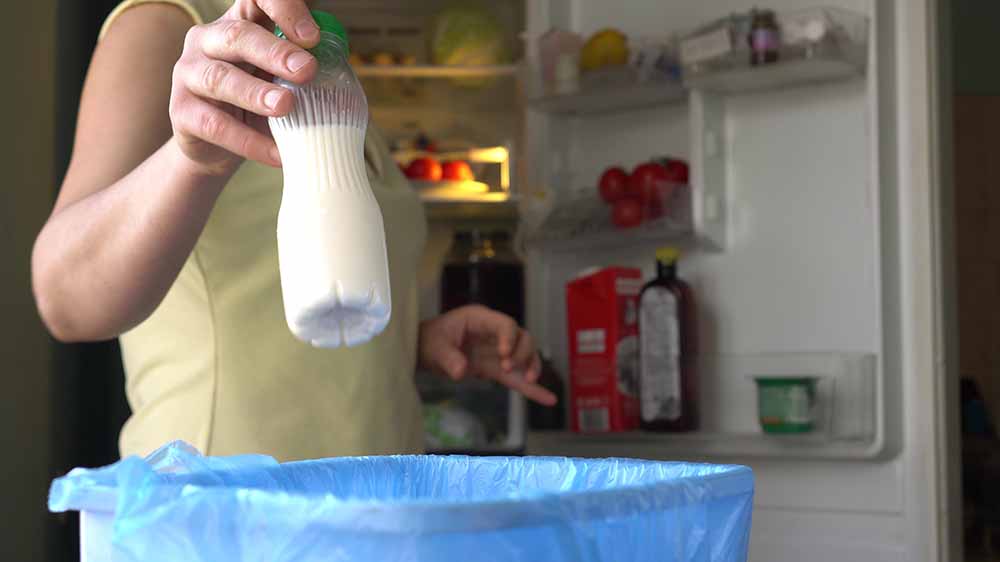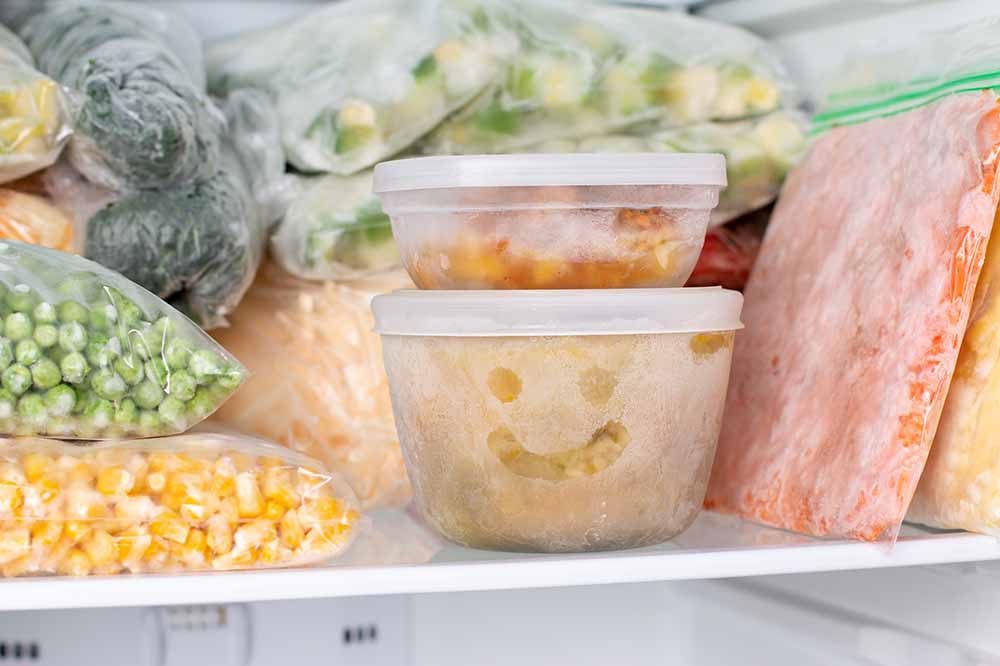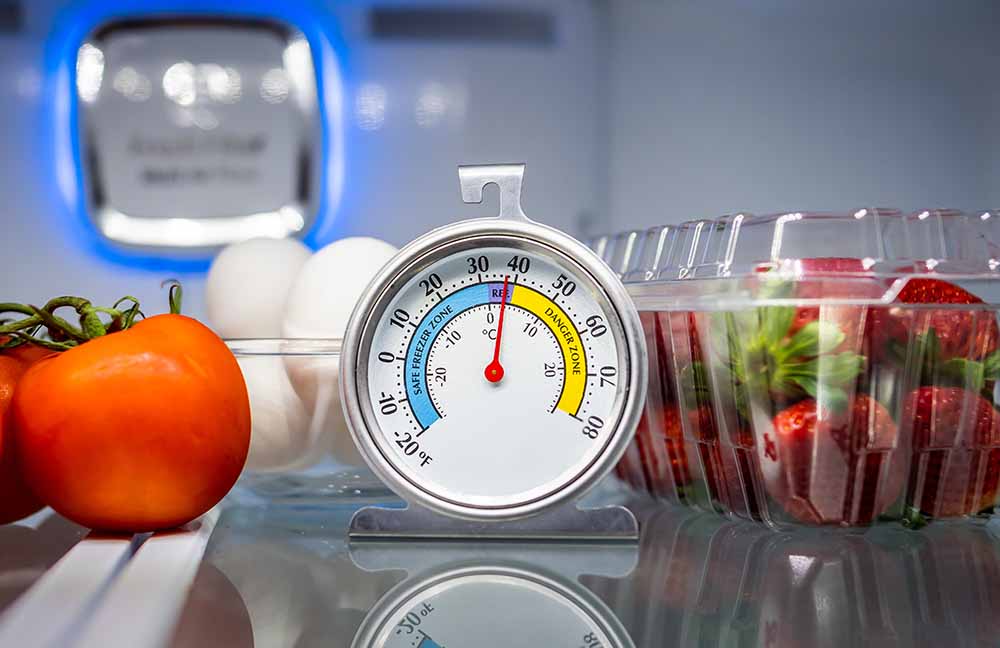In the aftermath of a power outage, the clock starts ticking on the freshness of refrigerated and frozen foods. Understanding how long items can last in the fridge and freezer without power is crucial for maintaining food safety and minimising waste. Factors like temperature, insulation, and the type of food play a pivotal role in determining whether items are safe to consume.

The quality of insulation in your fridge and freezer plays a role in how long they can maintain safe temperatures during a power outage. Opening the fridge or freezer doors during an outage can significantly shorten the time that food remains safe, as warm air enters and cold air escapes. The ambient temperature in your kitchen or storage area also affects how quickly the temperature inside the appliances rises. Here we will take you through the science behind food storage during power outages, offering insights into the survival timelines of various items and essential tips to help you make informed decisions about what's edible and what's not.
Refrigerated Food

• A refrigerator can maintain a safe temperature (below 40°F or 4°C) for about 4 hours if the door remains closed.
• After 4 hours, the temperature inside the fridge begins to rise, which increases the risk of bacteria growth and spoilage in raw fruits and vegetables
• Perishable items such as dairy products, meats, poultry, seafood, cooked leftovers, and opened cans of food should be discarded if they have been above 40°F (4°C) for more than 2 hours.
Frozen Food

• A fully stocked freezer can keep food frozen for around 48 hours if the door remains closed.
• If the freezer is only half-full, it can maintain a safe temperature for about 24 hours.
• The presence of ice crystals in frozen food indicates that it hasn't completely thawed and can be safely refrozen.
• Foods that have thawed but still have ice crystals can be cooked and consumed immediately, as long as they haven't been above 40°F (4°C) for more than 2 hours.
• Generally, frozen food that has thawed and remained at temperatures above 40°F (4°C) for more than 2 hours should be discarded to avoid potential foodborne illnesses.
Pro Tips To Prevent Food Spoilage

• Grouping items together in the freezer can help them stay colder longer.
• Label frozen items with dates to help track their thawing time.
• If you anticipate an extended power outage, consider using coolers and ice packs to temporarily store perishable items.
• Consider investing in a thermometer for your fridge and freezer to help you monitor the temperatures during power outages.
It's better to discard questionable items if you're unsure of their safety, as consuming spoiled food can lead to food poisoning.
Remember that these timeframes are general guidelines and can vary based on factors like temperature, food type, and storage conditions. When in doubt, prioritise food safety – make sure you read the storage and safety guidelines at the back of packaged goods and adhere to the guidelines provided by food safety authorities in your region, and by stores.